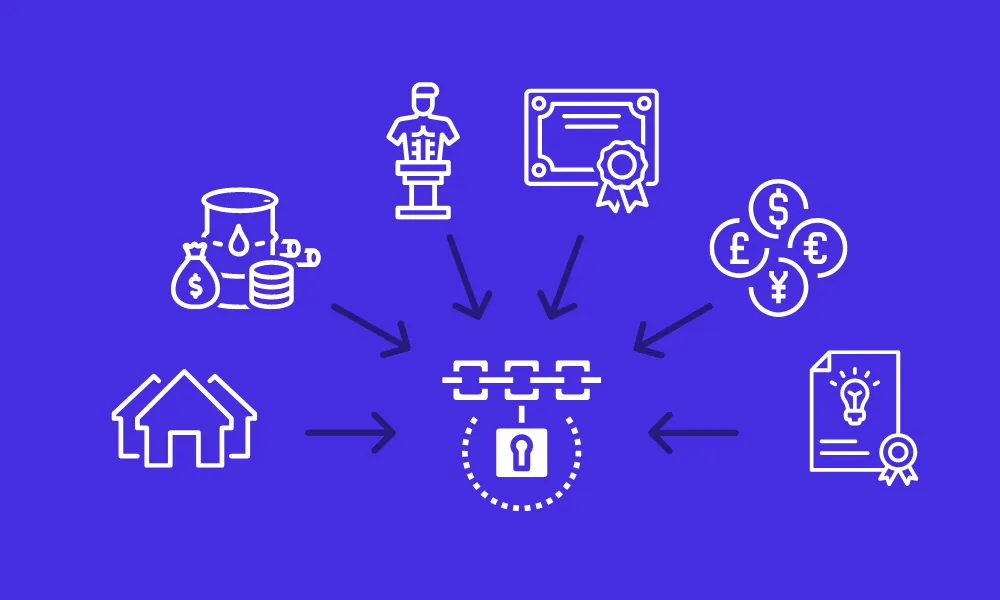Certified Public Accountants in Sussex County are great business advisors or consultants. But what makes them great business consultants? Well, consultants offer professional opinions, analyses, and suggestions to companies or individuals concerning their in-depth knowledge. A CPA in Sussex County, New Jersey, could be the best business consultant only when they troubleshoot and provide leading techniques to prevent issues, bolster business performance & sustain business growth. If you’re still wondering why, let’s discuss 4 exceptional reasons why they make superior business consultants!
CPAs have a keen eye for details
Several accountants have a detail-based personality that connects them to the familiar adage, “finding a needle in a haystack.” While filing income tax returns and preparing financial statements, CPAs are liable for ensuring preciseness and bypassing errors. Making minimal errors can cause severe problems for a client or an employer; hence, CPAs who understand the significance of reputation always triple-check their work.
CPAs are never satisfied with the data they discover and are always eager to ascertain its veracity by consulting authentic sources. For income tax returns and financial statements purposes, CPAs provide several documents and supporting documentation, and they can decipher the papers’ content and origin.
The capacity to assess, interpret, and share the truth behind the numbers and the propensity to know the general ledger inside & out is known as a badge of honor. Their professional skepticism and inquisitiveness often assist CPAs in unbolting the truth of the situation. They ensure the numbers work out and obtain every information required to solve an issue.
CPAs have an enormous technical knowledge base
Becoming a CPA takes a lot of struggle and hard work. After successfully cracking the Uniform CPA Exam, a candidate should obtain the desired experience to be granted by their state Board of Accountancy. It’s the whole experience that distinguishes CPAs from other consultants and professionals.
They use proper accounting methods to ensure compliance with state and federal statutes. It’s a standard method for CPAs to have a keen understanding of Generally Accepted Accounting Principles and financial reporting. Along with their extraordinary knowledge of compliance needs, CPAs can utilize their software training and profound understanding of business processes to spot and bypass deception or theft for their clients or employers.

CPAs are professionals in business processes
A considerable portion of a CPA’s job is to know about their client’s internal powers to plan the audit while detecting the pertinent risk factors. They must know every component of the client’s financial reporting controls, which includes the risk evaluation process, control ecosystem, and the client’s strategy for assessing those controls. To obtain an accurate understanding, the CPA conducts a walkthrough to witness the internal controls with the process owners.
CPAs abide by ethical norms
They are often viewed as a leading group of service professionals. Ethical needs are a massive factor in backing the reputation. Character and morality are essential regardless of whether someone grows up with a family legacy of accounting or discovers a passion for calculation and analytical thinking via education.
After passing the Uniform CPA Exam, aspiring CPAs get first-hand knowledge of this. The exam consists of four distinct components, and to apply to their state board of accountancy, a candidate must also complete an integrity evaluation. CPAs must abide by the guidelines of the Code of Professional Conduct of the American Institute of Certified Public Accountants. Such guidelines of expert conduct consist of public interest, virtue, impartiality, due care, and independence.
Conclusion
Are you one of the experienced executives or entrepreneurs looking to employ a consultant? If so, selecting a financial counselor with a CPA designation is the best move.
















